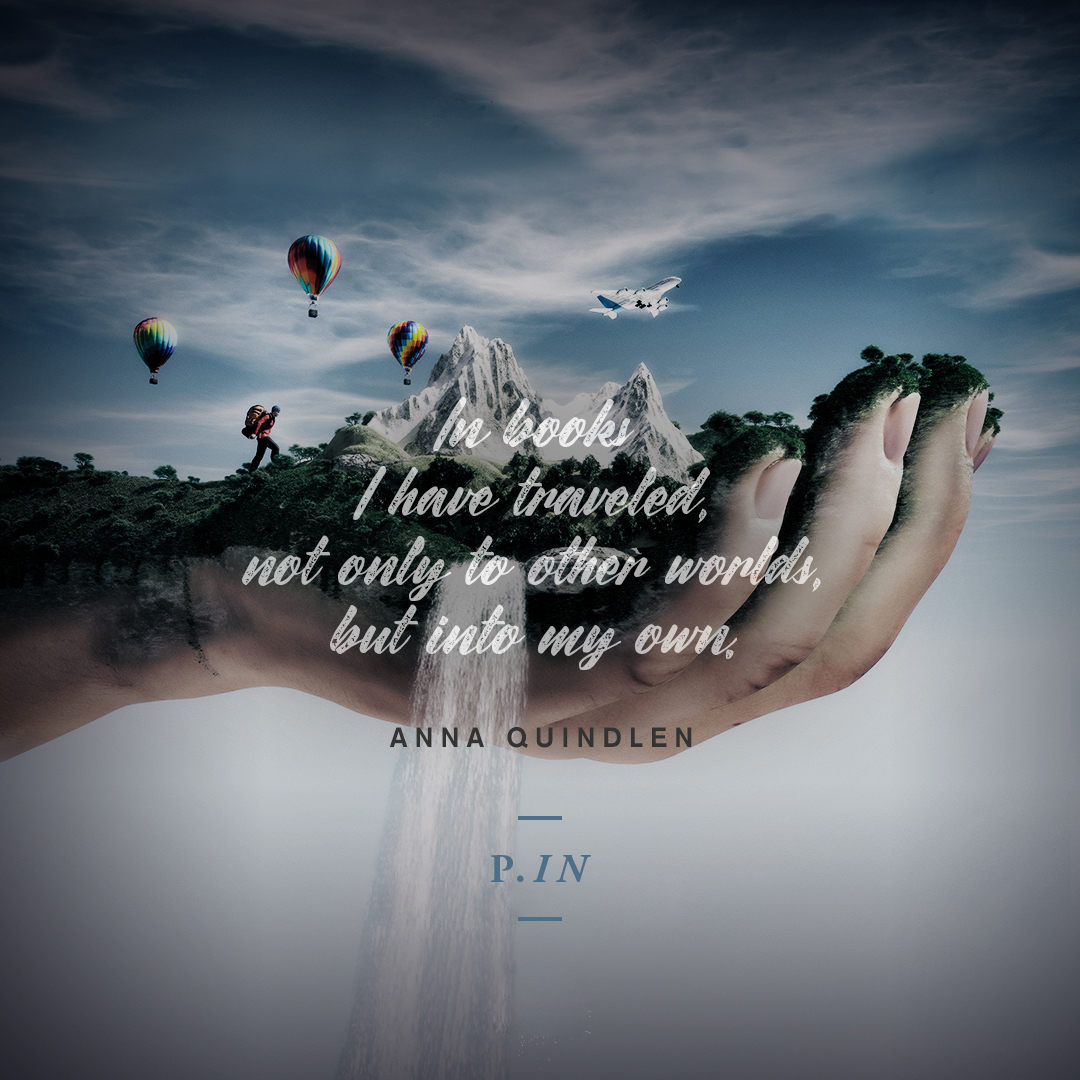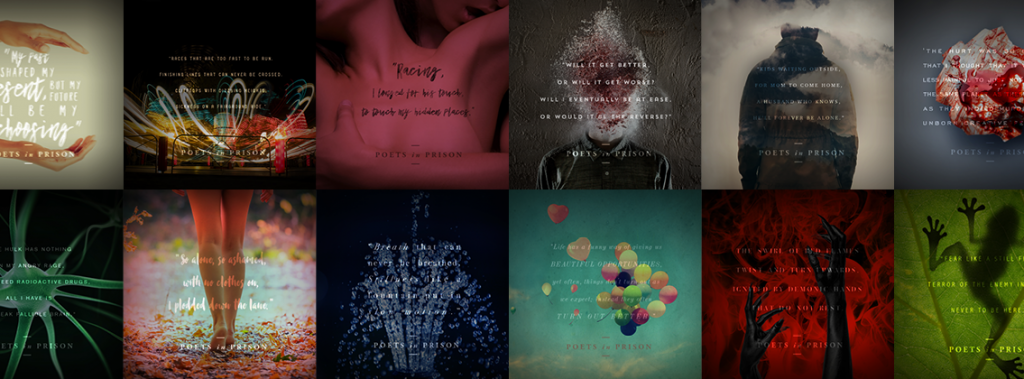
Everyone has a story to tell; each one of us writes poetry – some, without even realising. That stream of consciousness that runs in our veins? It’s poetry waiting to be written. We believe in the power of words, and that power is what urged us set up PoetsIN.
It’s because of those inner streams, that we are bringing you all a regular interview feature, Writer Profiles. An interview with a writer. This week it’s the wonderful Harlequin Grim.
Sit back, grab yourself a cuppa, and feast your eyes on this week’s writer profile.
What is your relationship with words and how has that evolved?
Words have taken on a few different archetypes throughout my
life. In the beginning, it was just a curiosity like any other hobby. As a
child, and even as an adult, I had a propensity to pick up odd practices
like juggling, riding unicycles, lock picking, stilt balancing, etc. (You’re
not the first to think I should be working at a carnival right now.) Often
with these pursuits, I would invest tremendous time in learning them
almost to a degree of acute obsession, and then drop them once I’d gotten
a grip on the most superficially advanced concepts … but never quite to
mastery. Words, or I suppose writing, was just one of those hobbies. It
just never reached the ‘drop it’ phase.
I find it too tantalizing; it is an opportunity to express every facet
all at once or to ignore everything save for a single detail; the
possibilities between blur and boggle incalculably. How fitting that
words can be as malleable, as dull, as fascinating, expansive and
mirroring as the mind.
Sometimes I feel haunted by it, because writing becomes linked to
feelings of inadequacy or self-loathing, but in healthier times, I feel
blessed to have found a calling so young. It’s my bread and better for
understanding. I like to think of it as a little demon following me around,
taking in every moment so that we might share it later in another context,
hopefully, to create something beautiful.
How long have you been writing, what is your favorite style of writing
and why?
It’s been five years so far.
I can’t seem to get enough of fantasy, particularly if it has some
elements of historical fiction. Although I have an appetite for virtually
any fictional genre, I feel easily jaded by anything in a modern setting. I
am constantly churning the modern world around in my head; we’re
always talking about it on social media and in day-to-day conversations.
So I’m not always in the mood to hear another author’s portrayal of it,
though that’s not to say there isn’t, of course, stunning contemporary
writing.
Escaping to other realms brings a possibility of unanswered
questions, unexplored territory. The character development and plot there
comes with less strings attached, unaffected by iPhones and gloomy
weather depression syndrome. I have to think about that stuff all day. If I
am going to get lost in somebody else’s creation, or my own for that
matter, having the challenge of imagining new countries, cultures, and
politics just adds to the therapy of it. In my humble opinion, any
powerful statement about the human condition in a modern setting can be
made in its fantasy counterpart.
There’s also something traditional about the supernatural, a
powerful spirit that we easily neglect in our more concrete world.
Countless cultures have their roots in mythology. Strange creatures and
heroes with a broken sword are in our storyteller’s blood. It’s easy to
forget, but that’s where many stories first originated.
Many of us within this group have experienced times where writing has
helped us overcome times of pain, describe the first time you realised the
true of power of words.
Life has spoiled me in many ways. There haven’t been any
tragedies for me yet, just day-to-day problems, average stressors like
being overworked, money problems, quarreling with neuroticism, to
name a few. I can’t say an epiphany via literature ever dug me out of
dark pit in one tremendous moment of redemptive awakening. I’ve just
always had a vague understanding that our perspective shapes our reality,
so I’ve always questioned myself immensely when I was ‘in pain’.
That being said, I feel quite deeply, and have been through some
dark times as a result. As more and more of those dark times came and I
got better at seeing how they could be useful, I began to appreciate
suffering for the fodder it is for thinking, understanding, loving. I don’t
doubt for a moment that writing plays a role in my development; it helps
me turn perceived suffering into perspective. The longer the session, the
better. It’s effectively made the word ‘struggle’ synonymous with
‘challenge’ in my mind; because there have been countless days where I
sat at the desk feeling like death before leaving with wings.
Many writers love to read. What is your favorite book and why?
The Shadow of the Wind by Carlos Ruiz Zafón. With this story
Zafón wove his appreciation to literature in with the thrill of a murder
mystery that all starts from a single thing: the only remaining copy of a
book. What’s more to love? The murder is immaterial. It’s all about the
book.
Sum up yourself in a haiku or micropoem.
The fool falls every time,
but always does he see
more than he might’ve dreamed
We all have moments where we truly connect with words we read. What
quote inspires you the most. Why?
“Destiny is usually just around the corner. Like a thief, a hooker, or
a lottery vendor: its three most common personifications. But what
destiny does not do is home visits. You have to go for it.” – Carlos Zafón,
The Shadow of the Wind
It’s just so human, isn’t it? It’s funny, insightful, true, and it either
makes us feel uncomfortable because we’re not doing it or it makes us
chuckle warmly at the reminder.
Describe your writing process.
Lately, I like to write following a workout, a shower, a cup of
coffee and some nicotine. That way I know I am approaching it with a
fresh mindset that is looking to break barriers. Other than that, I just get
to it every day with a goal in mind, even if fifteen minutes is all managed
to squeeze from the day.
Writer’s block, real or a myth?
That’s sort of like asking if hallucinations are real or a myth. If we
are talking about the concept, sure it’s real. The hallucinations
themselves aren’t real—they’re merely figments, that’s easy enough to
agree on—but the origin of the problem is much deeper, and that is
what’s ‘real’.
Fortunate for us, writer’s block isn’t a debilitating psychological
disorder or a demon that only preys on bookish people. Keeping with the
hallucination analogy, it’s much more plausible to think that it’s the result
of fatigue, poor diet, lack of sleep, a packed schedule, lackluster habits,
good old fashioned laziness, or some combination of those factors. I
don’t say this in a judgmental way; I’ll gladly confess that I’m not
perfect balancing all those things before I claim to be affected by writer’s
block.
I just have a hard time sympathizing with the notion entirely. It’s
another excuse to explain why we’re less powerful powerful people than
we could be.
What is your favorite word?
Magnanimous
Makes being good sound devilish.
Finish this sentence… Words are the epitome of…
an innate hunger for shared experience.
Our biggest thanks to the wonderful Harlequin Grim, it is always such a pleasure. Stay tuned for more writer profiles, coming soon.


The fool falls every time,
but always does he see
more than he might’ve dreamed
This was my gemstone for today! Thank you for posting this interview :=)